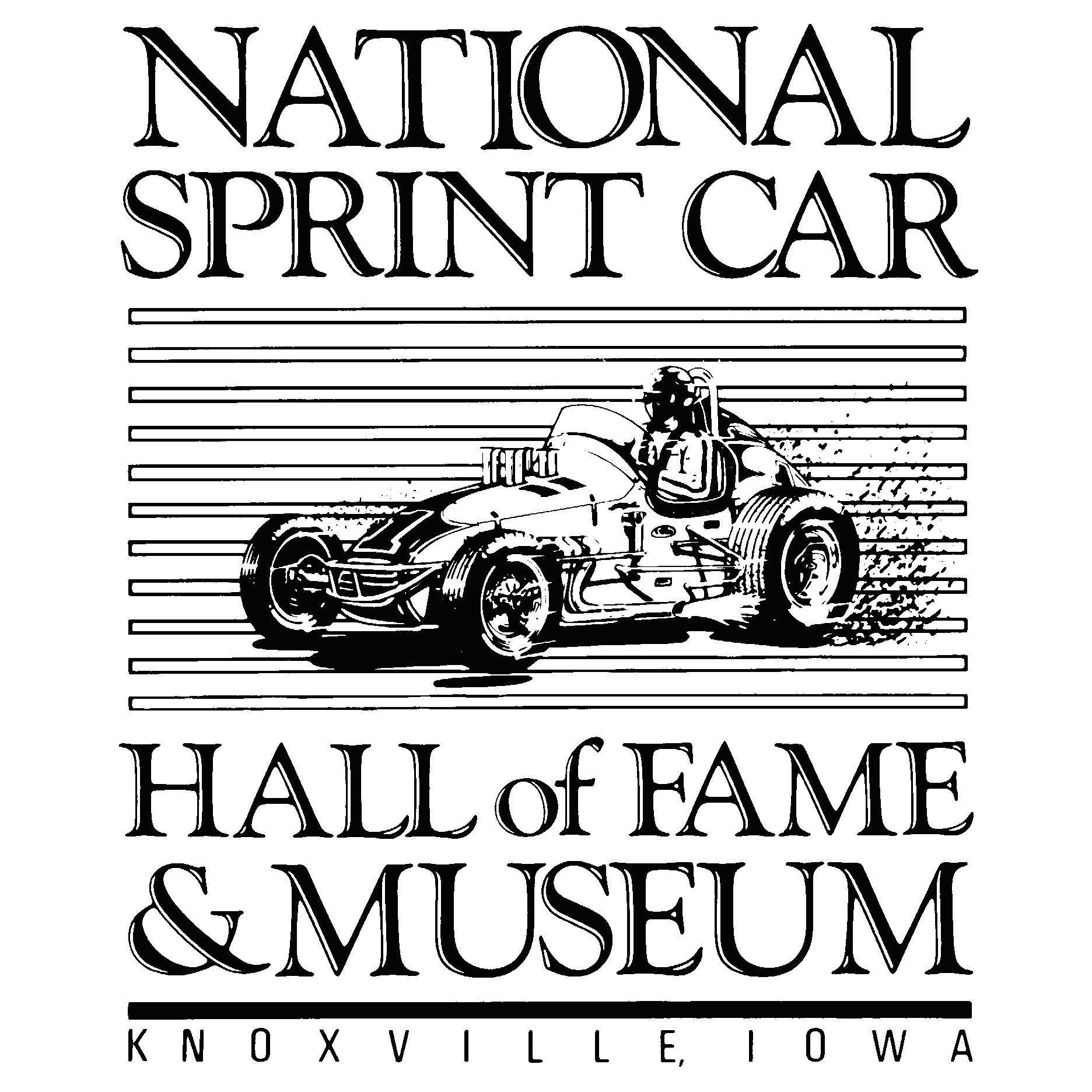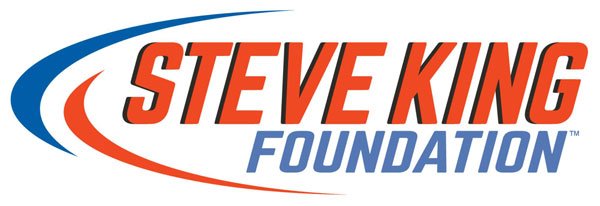NASCAR enters 2019 with a unified vision
Photo by Brian Lawdermilk/Getty Images
DAYTONA BEACH, Fla.—There was a different buzz surrounding Daytona 500 Media Day on Wednesday—and it resonated from the top on down.
Once again, there’s change coming to NASCAR. New rules, new schedules, new cars and potentially new manufacturers are on the horizon. But when the drivers gathered for their annual preseason availability with the press—the largest showing in five years—there wasn’t the apprehension or cynicism that sometimes accompanies the day-long forum.
If the drivers had agendas—veiled or otherwise—it wasn’t part of the narrative this week. The only message delivered was one of unity as the shareholders attempt to put NASCAR back on track.
Yes, there has been radical change in the past. But this feels different, under the leadership of the son of NASCAR’s founding father, Bill France, Sr. The competitors understand that Jim France, the current Chairman and CEO, not only shares their passion for racing but is also highly and consistently visible.
“Jim has done a tremendous job of at least being around,” said 2015 NASCAR champion Kyle Busch. “He’s always carrying a pen. He’s always carrying a note book. He’s always taking notes. He’s always listening to people, talking to people. He’s in the garage area. He’s down in the trenches. He’s figuring it all out and trying to make some moves for the betterment of the sport, and that’s what we all want.
“We want somebody that’s involved, that’s into this as much as we’re all into this and care about all of this. I think that we’ve seen some positive out of all that.”
France took the reins from his nephew Brian following the younger France’s arrest for driving while intoxicated in New York last August. While France, 74, avoids the limelight, Steve Phelps, NASCAR’s former Executive Vice President and Chief Marketing Officer turned president, enjoys being the point man. Phelps officially moved into his new role on Oct. 1.
Not only has the transition been seamless, the move was long overdue.
“The leadership that Jim France has brought to this sport in a short period of time is something that is working,” said Phelps on SiriusXM NASCAR Radio. “And it’s working because people believe in Jim. So again, whether you’re a race team or a race track or a driver, an OEM partner or a sponsor, they’re seeing Jim’s vision and they’re excited about what the future holds.
“Getting people together when you have that kind of support behind you, it’s actually been easier than it has ever been. There’s collaboration. There’s opportunity for people to have a voice and think they’re being heard. I think it has been great.”
In the same manner that France conducts his business—behind the scenes—the competitors are following suit. There appears to be a directive for drivers to resolve issues directly with the sanctioning body rather than air grievances in the media.
When NASCAR’s Most Popular Driver, Chase Elliott, was grilled on upcoming changes to the sport, he respectfully declined to offer a response.
“I don't write the rules,” Elliott said. “That's not my job. I'm not sure. I used to get kind of fired up about stuff, be frustrated about different things here and there. It's out of my hands, way above my position.
“I'm happy to be here and happy to be driving. I'll keep focusing on racing on Sundays. If they seek out my opinion, want to ask me, I'd be happy to give it to them behind closed doors, but not here right now.”
With Brian France often absent from the race track, the garage area had become a free-for-all. Comments weren’t always measured. Cheating was becoming rampant. And ratings and attendance declined.
Now, there are clear talking points. A deterrent system was introduced last month that will disqualify competitors for failing post-race inspection. Yes, times are changing, and competitors are embracing that change.
“I appreciate the effort,” said 2012 Cup champion Brad Keselowski. “I know the teams well enough to know they will hold NASCAR to that and someone will push it right to the limit very early in the season, and it will become a moment of truth. Hopefully, whoever does that is not connected to me in any such way.”
While ‘collaboration’ seems to be the buzz word entering the 2019 season, Phelps reiterated the sport's mea culpa from an earlier report in the Daytona Beach News Journal that over a decade ago NASCAR had “took our core fan for granted and it wasn’t right.” Phelps’ primary initiative is to turn that perception around.
“It was like, ‘Hey, they’re always going to be here, they’re always going to buy tickets, they’re always going to watch on television or listen on MRN or PRN, and you know what? They didn’t.” Phelps said. “We didn’t listen to them. So we started something called a Fan Council about 10 years ago. That’s just one tool we’ve used to listen to what the fans have to say.
“I think that the future of this sport obviously rests in our existing fan base and making sure that we’re continuing to listen to that core avid fan. We are going to have to get new fans into the sport, too. The way I look at that is, hey, it’s just an opportunity for our existing fans and our core fans to welcome others into the sport—which they do all the time and family members and friends. ‘This is a great sport, let me tell you what it’s about and let me show you what it’s about.’
“We’re never going to not listen to our core fans. It’s important to get right.”

.png)





